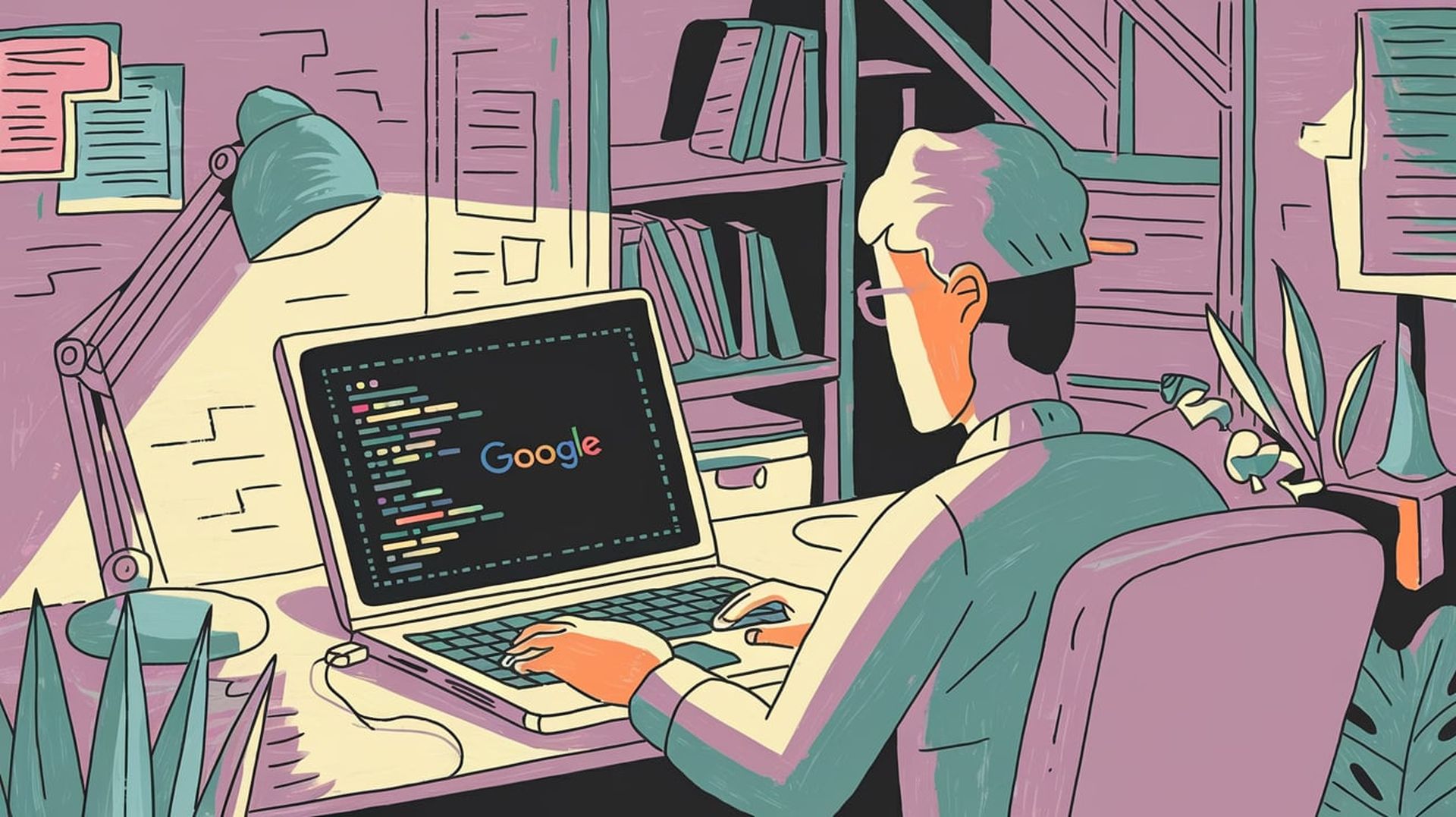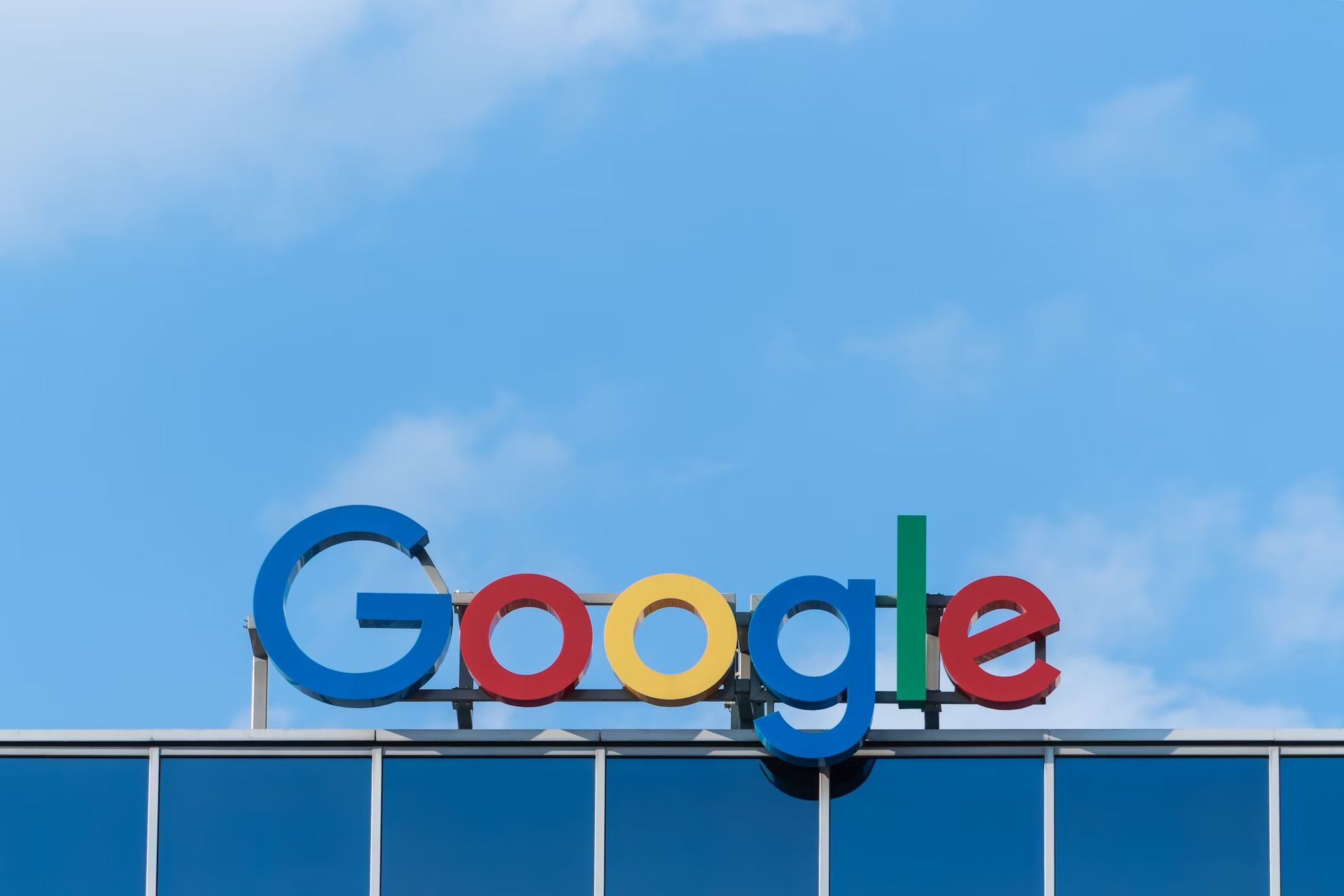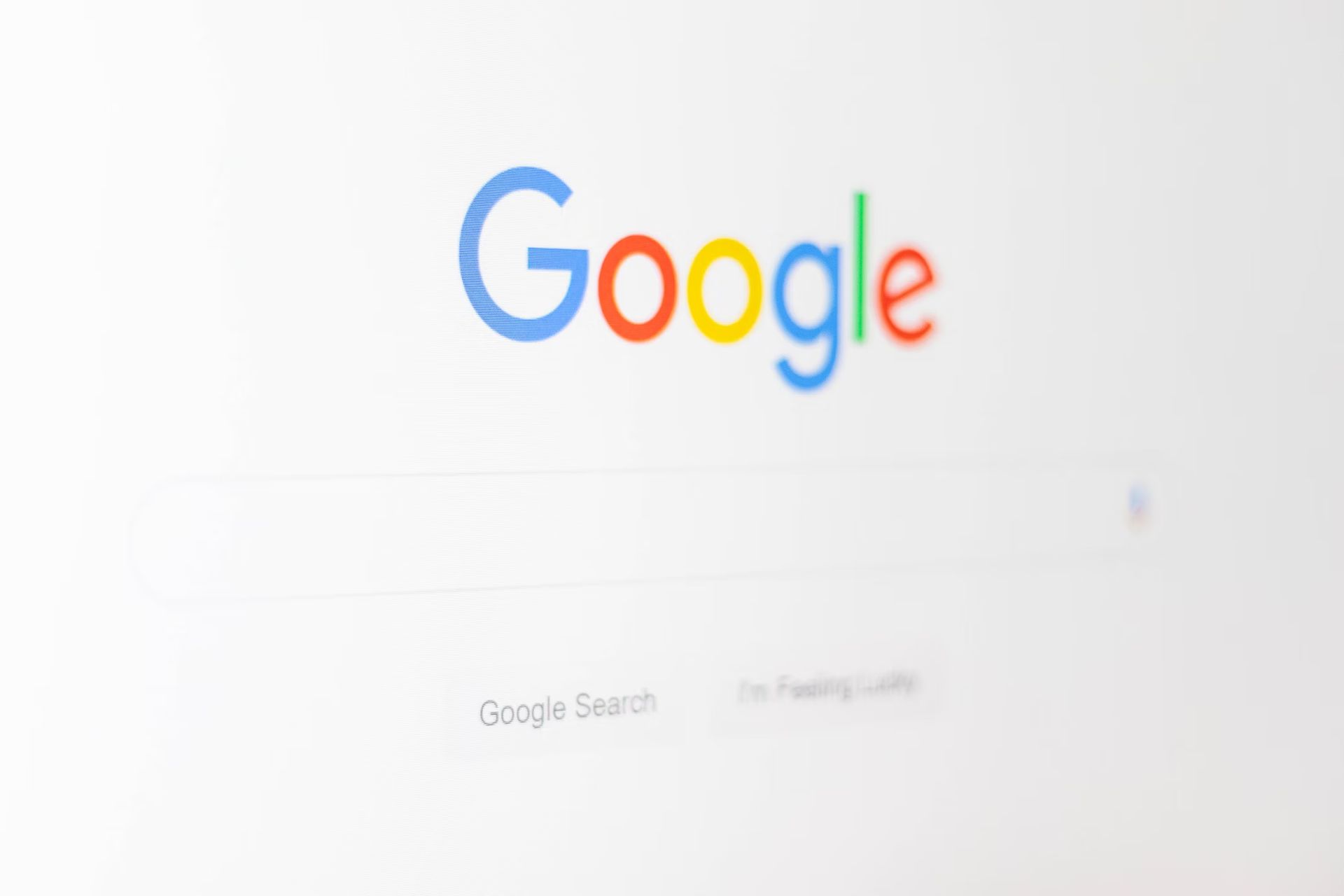Even Google is using AI for coding

Google is making big moves with artificial intelligence (AI), and it’s not just talk. Over a quarter of all new code at Google is now AI-generated. That’s according to CEO Sundar Pichai, who shared these details during Google’s Q3 2024 earnings call. Google is leaning heavily on generative AI to make coding faster and more efficient, and it’s having a real impact on the company.
Google’s shift to AI in codingSundar Pichai dropped a bombshell during the Q3 2024 earnings call: AI now accounts for more than 25% of the new code being written at Google. AI isn’t just a gimmick here—it’s actively helping engineers “do more and move faster.” One of AI’s big wins is tackling old, clunky code. Google’s internal AI tool, called “Goose,” uses the company’s 25 years of engineering knowledge to help write new code and fix up old systems.
Welcome GPT-4o with Canvas: OpenAI’s new interface for writing and coding
Here’s how it works: Goose suggests code snippets, and then Google’s engineers step in to review and approve them. It’s not about replacing humans. Instead, AI is speeding things up, taking care of the boring, repetitive stuff so engineers can focus on the interesting problems. AI-generated code still goes through a rigorous human review to keep things up to Google’s high standards.
This push towards AI-driven coding is part of Google’s larger strategy to make AI the core of its future. Pichai even mentioned that Google DeepMind is now overseeing teams like the one behind the Gemini app, showing just how seriously Google is taking this shift.
 Sundar Pichai dropped a bombshell during the Q3 2024 earnings call: AI now accounts for more than 25% of the new code being written at Google (Image credit)
Does AI mean job loss for Google engineers?
Sundar Pichai dropped a bombshell during the Q3 2024 earnings call: AI now accounts for more than 25% of the new code being written at Google (Image credit)
Does AI mean job loss for Google engineers?
If AI is writing so much code, it’s fair to ask: are human programmers about to get the boot? According to Pichai, the answer is no. The idea is to make engineers more productive, not to replace them. By handling repetitive coding tasks, AI allows developers to focus on bigger, more creative projects. It’s all about enhancing human capabilities, not eliminating them.
But let’s be real—some Googlers are still nervous. The whole “AI is here to help, not replace you” message sounds good, but when you hear that AI is writing a quarter of all new code, it’s easy to see why there are concerns. The key point here is that AI isn’t self-sufficient. The code it generates still needs human oversight. Engineers are the ones making the calls, solving problems, and deciding what makes the final cut.
“This helps our engineers do more and move faster,” Pichai said, emphasizing that AI-generated code is just another tool. It handles the boring bits, but the heavy lifting—creativity, problem-solving, and the big-picture work—still requires human engineers.
The timing of this AI push couldn’t be better for Google. Alphabet, Google’s parent company, just reported a massive $88.3 billion in revenue for the third quarter of 2024. Google Cloud alone pulled in $11.4 billion, a jump of 35% from the previous year. AI is playing a major role in this growth. Google Cloud’s income shot up to $1.95 billion from just $270 million the previous year, thanks in large part to AI-powered development.
And it’s not just Google Cloud. AI is everywhere in Google’s products. YouTube has generative AI tools that help creators make video summaries and titles. The Pixel 9 series of smartphones is also packed with AI features that users love. All of this is part of Google’s big plan to be the leader in AI, as pointed out by Forrester analyst Tracy Woo.
Google using AI for coding is a sign of where software development is headed. AI can automate mundane coding tasks, find inefficiencies, and even suggest solutions for legacy systems. This means developers could end up spending less time fixing bugs and more time building new, innovative features.
But it’s not all smooth sailing. AI-generated code isn’t perfect—it can introduce errors or security vulnerabilities if it’s not carefully managed. Google knows this, which is why human engineers still review everything AI spits out. That’s the safety net. But the potential risks are still there, and they’re something that the industry needs to keep an eye on.
Another challenge is that AI might be fast, but it’s not great at understanding the full context of a project. It can generate code, but it doesn’t always get the “why” behind what it’s writing. That’s where human developers still have a big edge—they understand the business needs, the users, and the creative side of building software. AI, for now, is more of a super-powered assistant than a true creator.
 Alphabet, Google’s parent company, just reported a massive $88.3 billion in revenue for the third quarter of 2024 (Image credit)
Google’s future with AI
Alphabet, Google’s parent company, just reported a massive $88.3 billion in revenue for the third quarter of 2024 (Image credit)
Google’s future with AI
Google is all-in on AI, and it’s not just for coding. Pichai mentioned that Google is “uniquely positioned to lead in the era of AI” because of its strong infrastructure and research teams. Google has also consolidated its AI resources, bringing together teams from machine learning, security, and other divisions to create a unified AI strategy.
Pichai’s vision is for AI to be woven into everything Google does, from Search to Cloud. And the numbers suggest it’s working—Google’s revenue and productivity gains are clear signs that the strategy is paying off. Other tech companies are going to be watching this closely, and it wouldn’t be surprising if many of them follow Google’s lead.
Google’s use of AI to generate over a quarter of its new code marks a major shift in software development. But AI isn’t here to replace human engineers; it’s here to change how they work. By taking care of the repetitive tasks, AI lets developers focus on more important, creative aspects of their projects. The adoption of tools like Goose is just one part of Google’s bigger plan to make AI a core part of everything they do.
AI has the power to change how software is built, but it still needs human oversight and creativity. For now, Google is using AI as a tool to empower its engineers, not replace them. And while the journey to fully AI-driven development is just getting started, one thing is clear: Google is setting the pace, and everyone else is trying to keep up.
Featured image credit: Kerem Gülen/Ideogram
